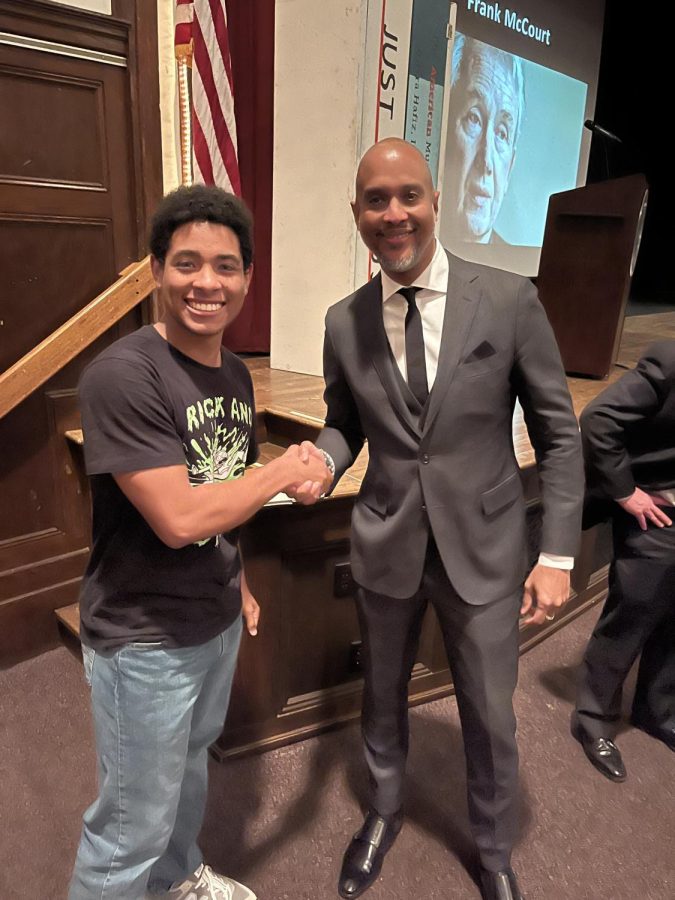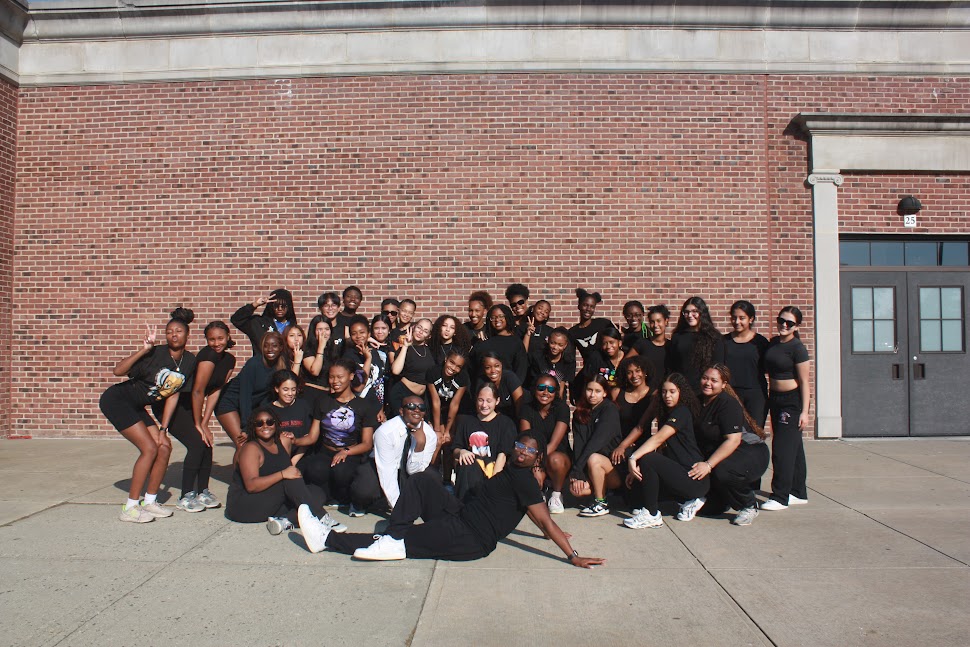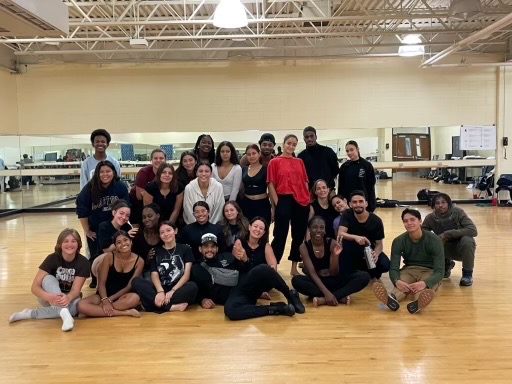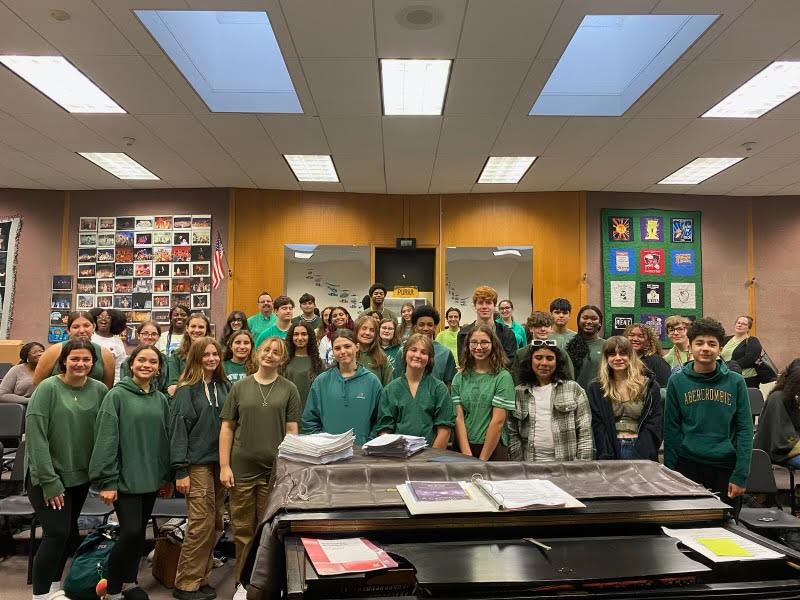
The story of Emmett Till has been on Keith Beauchamp’s mind since he was 10 years old, going through old magazines and finding a story that he would spread worldwide one day. Since finding that photo, he’s always had that Emmett Till in his mind, he just didn’t know what to do with it yet. Until he personally experienced the brutal reality of racism and human right violations.
“I decided to study criminal justice in hopes of becoming a civil rights attorney, something that I vowed to do while I was being beaten, because the only thing I could think about is what my mom warned me about all the years, they talked about it to me, it’s finally happened to me,” said Beauchamp. “That moment, that moment made me want to fight injustice. But I felt that night, if I got out of this situation, the only way I could make that possible would be if I became a part of the system to fight white supremacy and injustice.”
Ever since then he knew that civil rights activism was something he had to do. So years later, when he was working for Estee Lauder and realizing he had a greater purpose in life, he went to school with the idea of becoming a civil rights attorney. Then filmmaking found its way to him, when he least expected it.
“I was asked if there was a story that I want to produce as a movie. What would that be? And Emmett Till is the name I heard most of my life, so I became an unintentional filmmaker. That’s why I call myself that because I did not seek filmmaking, filmmaking found me by way of my best friend.”
Filmmaking found him, and he used his found talent to spread the story of Emmett Till and spread the ideas and beliefs of civil rights activism through his films and shows, and that is when he discovered civil rights filmmaking and investigative filmmaking. With it he was able to meet some of the most amazing people and, ultimately, Mamie Till.
“I look to the back and towards the kitchen and Mother Mobley and Jean Mobley are sitting there and I see this big smile on their face and I walk up and we embrace each other,” shared Beauchamp. “And we talked, and the way she described our meeting, that it was a lot of that. That’s what she said, you know, we knew everything about each other. And you know, she became a confidant, a friend, and my mentor for eight and a half years.”
When he finished his first documentary, titled The Untold Story of Emmett Till, he was found by the FBI and was asked if he could investigate the many cold cases in history around civil rights violations and racism. With this opportunity he was approached to do a show about the cold cases he investigated, which led to his investigative crime TV show The Injustice Files, where he went to towns across the country searching for the answers of these mysterious cold cases.
“Till is not the only case I investigated , you know, that’s my first case, it’s my baby. Through the reopening of the case in 2004. I was brought in to assist the federal government with other civil rights, Cold Case murders. I inspired the Civil Rights Code case initiative, which later became the Emmett Till Unsolved Civil Rights Crimes Act, that was signed into law by President Bush and we were authorized by President Obama, which allocates $10 million each year for us to reinvestigate, because many of the cases were not investigated in the first place, but it allows us to review cases to see if they warrant new investigations and possible prosecutions.”
Throughout his time on TV, he still stuck to the story of Emmett Till, working on a script and project that would eventually become the film Till. After years of fighting for civil rights through film, he finally got the chance to make the story of Emmett Till a worldwide issue, bringing the injustice of this story into a universal light for everyone to hear about and learn about.
“This is why Mother Mobley often told me, ‘Keith, you must continuously tell me a story to tell man’s consciousness is risen only then it will be justice for Emmett Till.’ She foresaw that the same ignites the same racism, the same injustice that we failed him in in 1955 will be a recurring cycle, even today. And so I truly believe, until we truly understand how the movement started, that Emmett was a poster child.”
Through the production of this film, he was able to take the point of view from so many people that were a part of Mamie and Emmett’s life. He is so proud of this film and so were those that were a real life part of the story, as those that could witness the film were glad that Emmett’s story and his life can be shared with others and his legacy can live on forever.
“Emmett Till’s case got the recognition that it had gotten at the time she wanted the recognition, don’t get me wrong,” Beauchamp reflected. “But she felt guilty in many ways, because there were many other young people, boys and girls, who were being killed at that time, but never saw the light of the media attention. You know, and she always felt guilty about them. And so some of the things that we always talked about, was that if I got myself in a great position to help others, who lost their lives in the civil rights movement, she wanted me to help because that’s what she lived in her life. She lived the rest of her life educating young people about the Civil Rights Movement and teaching. That was important to us and to her.”






